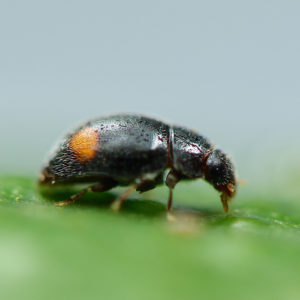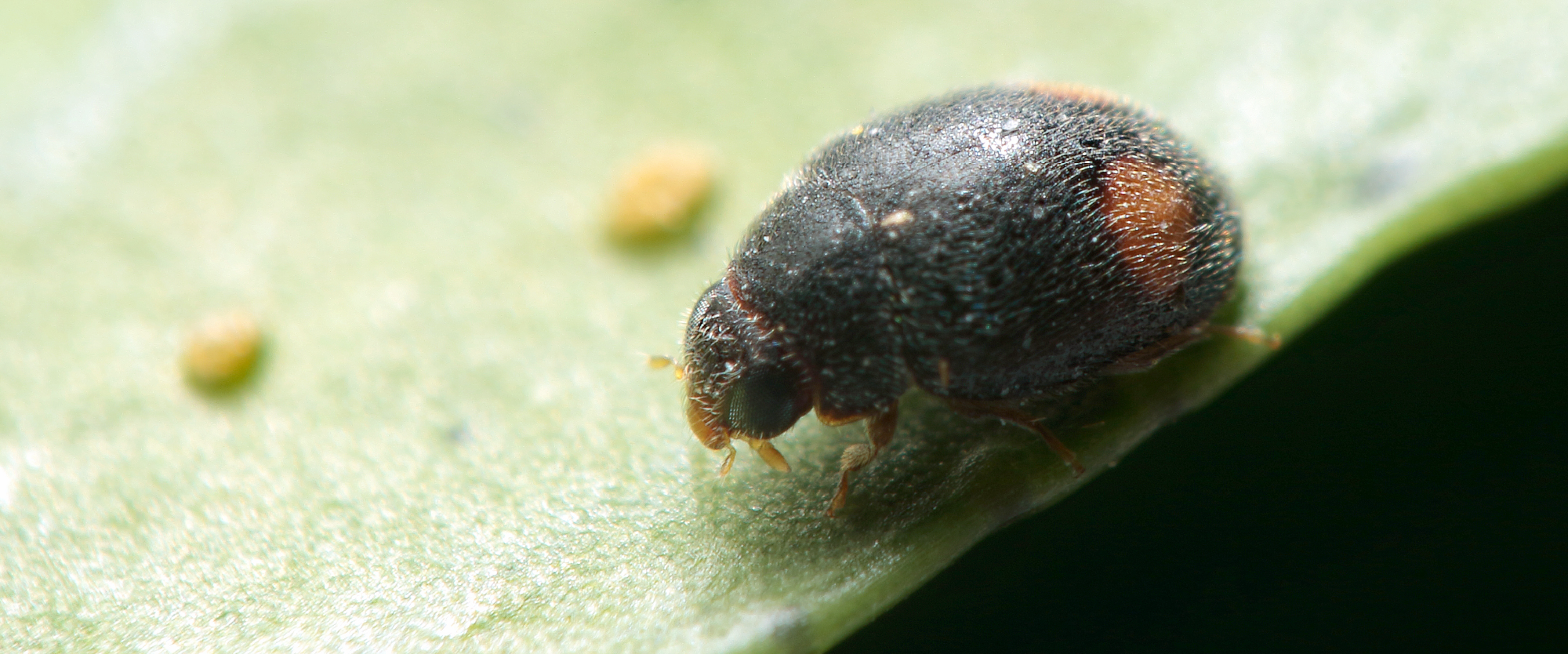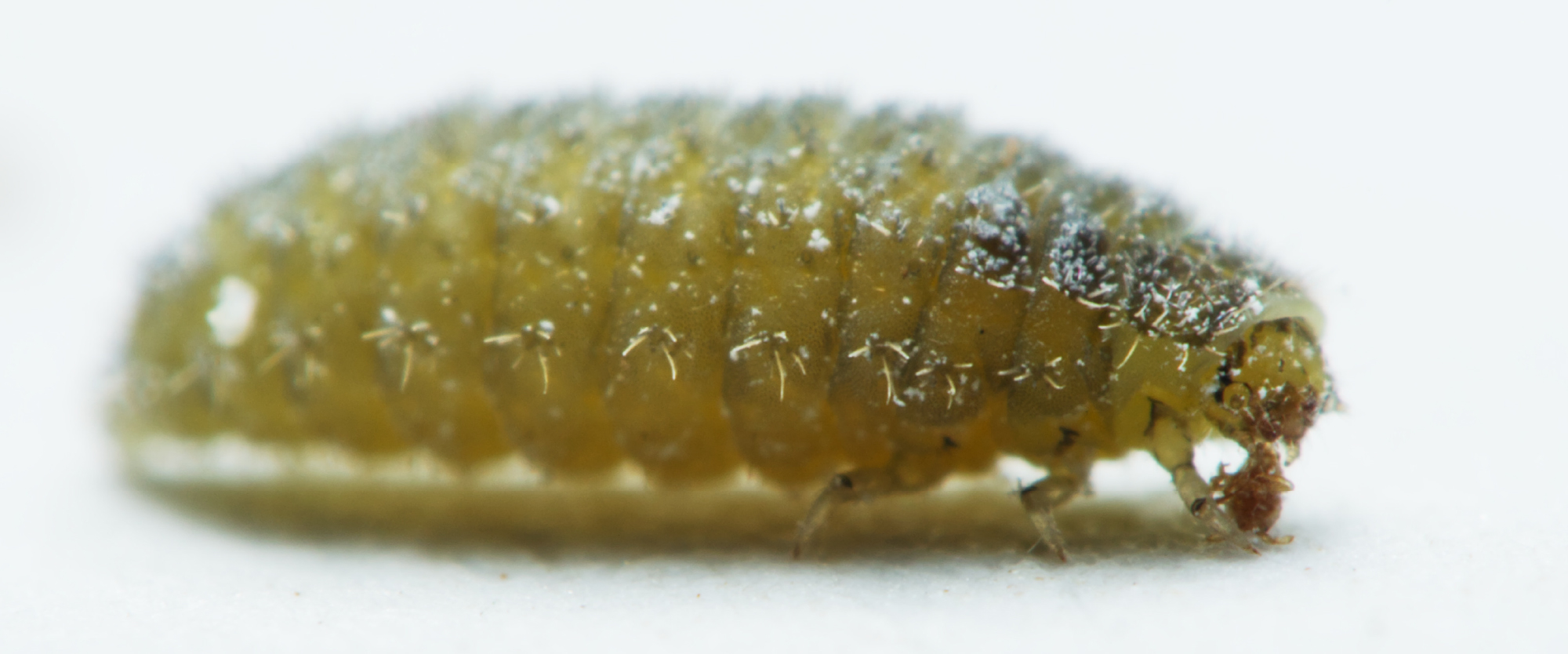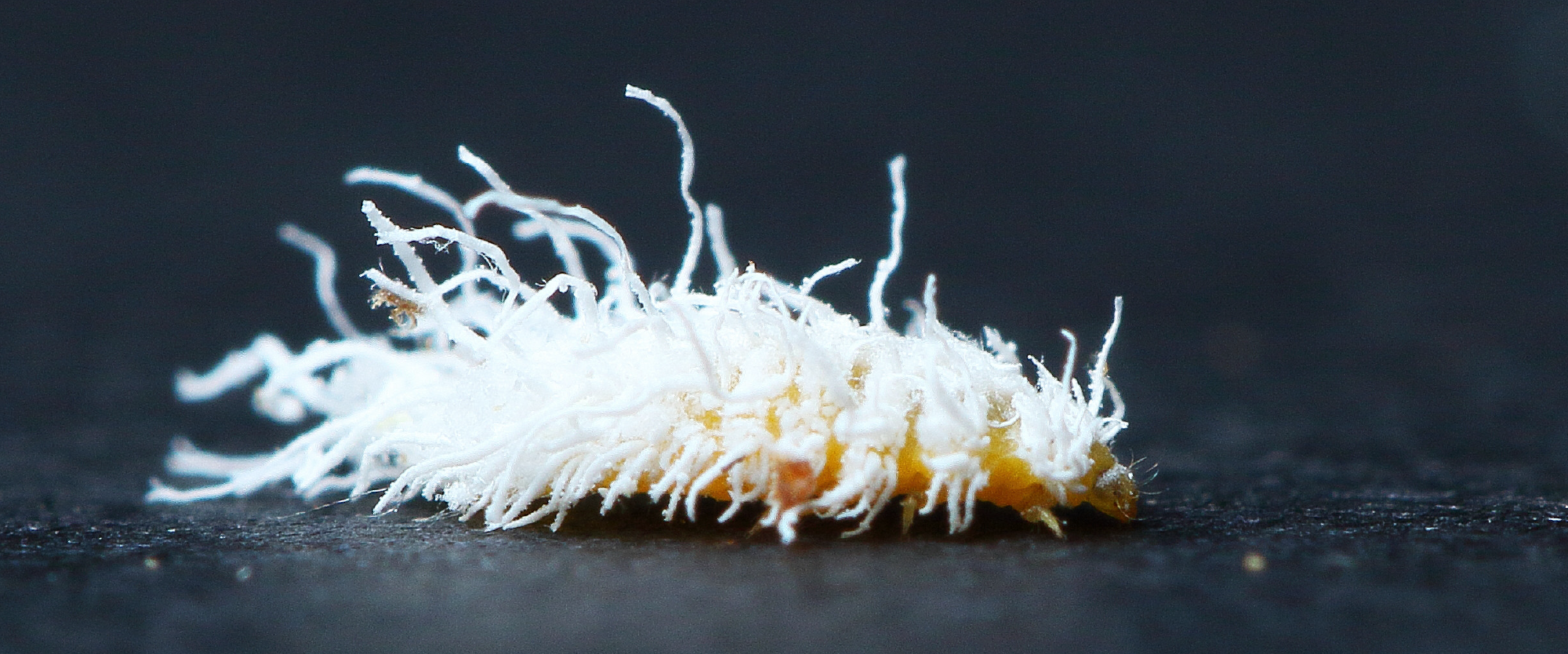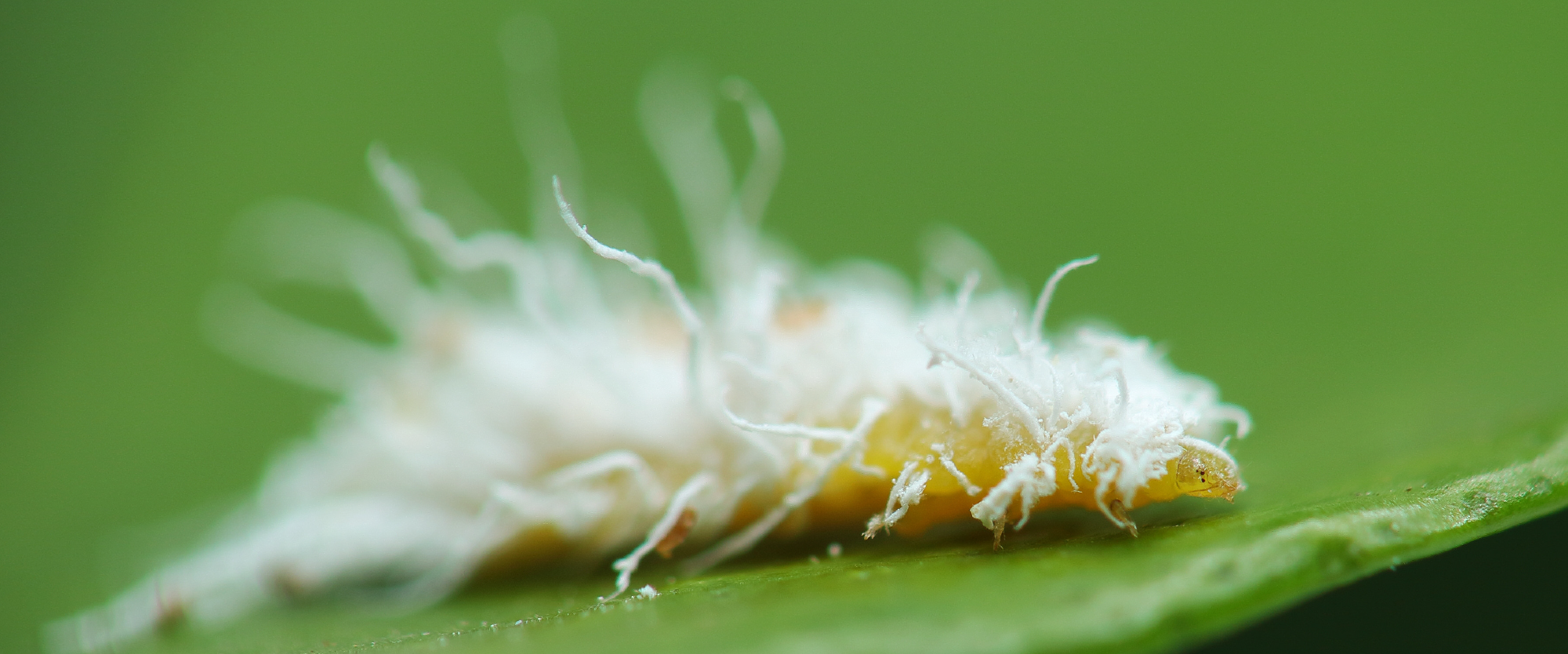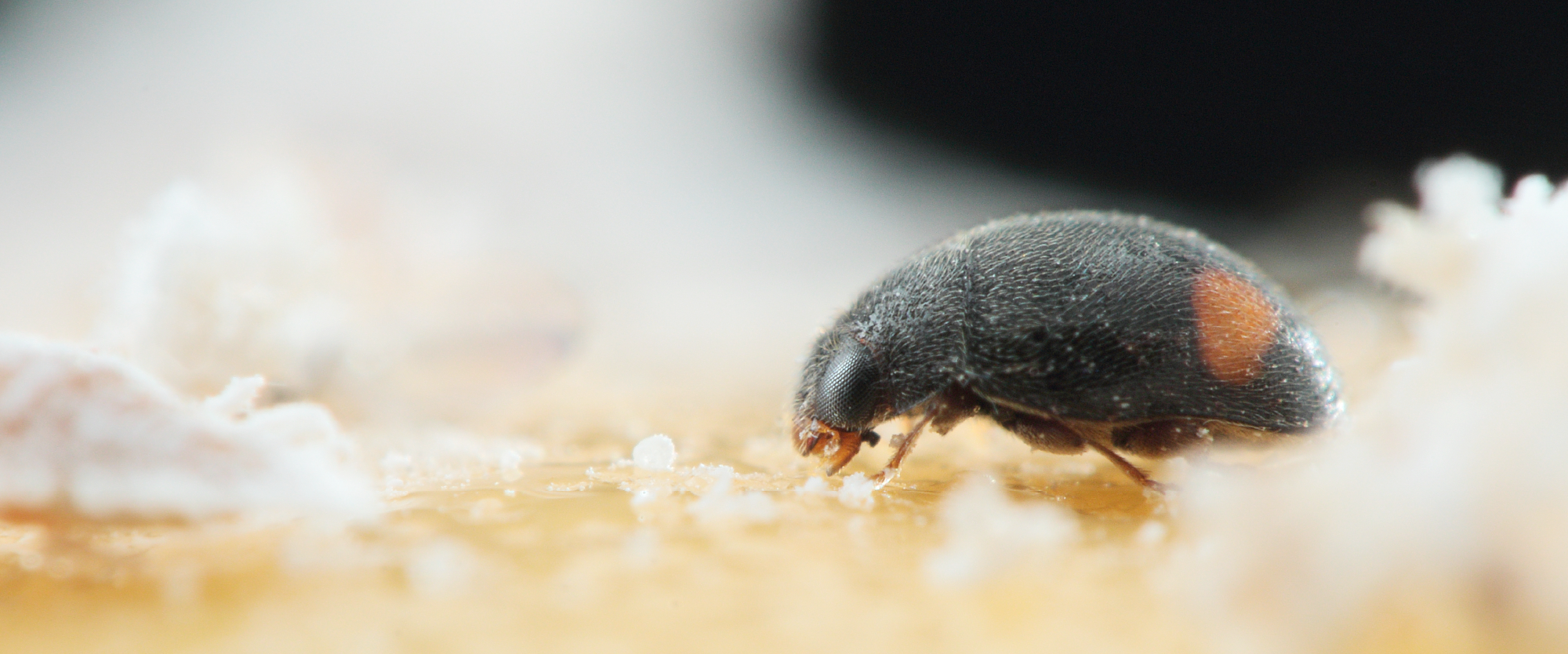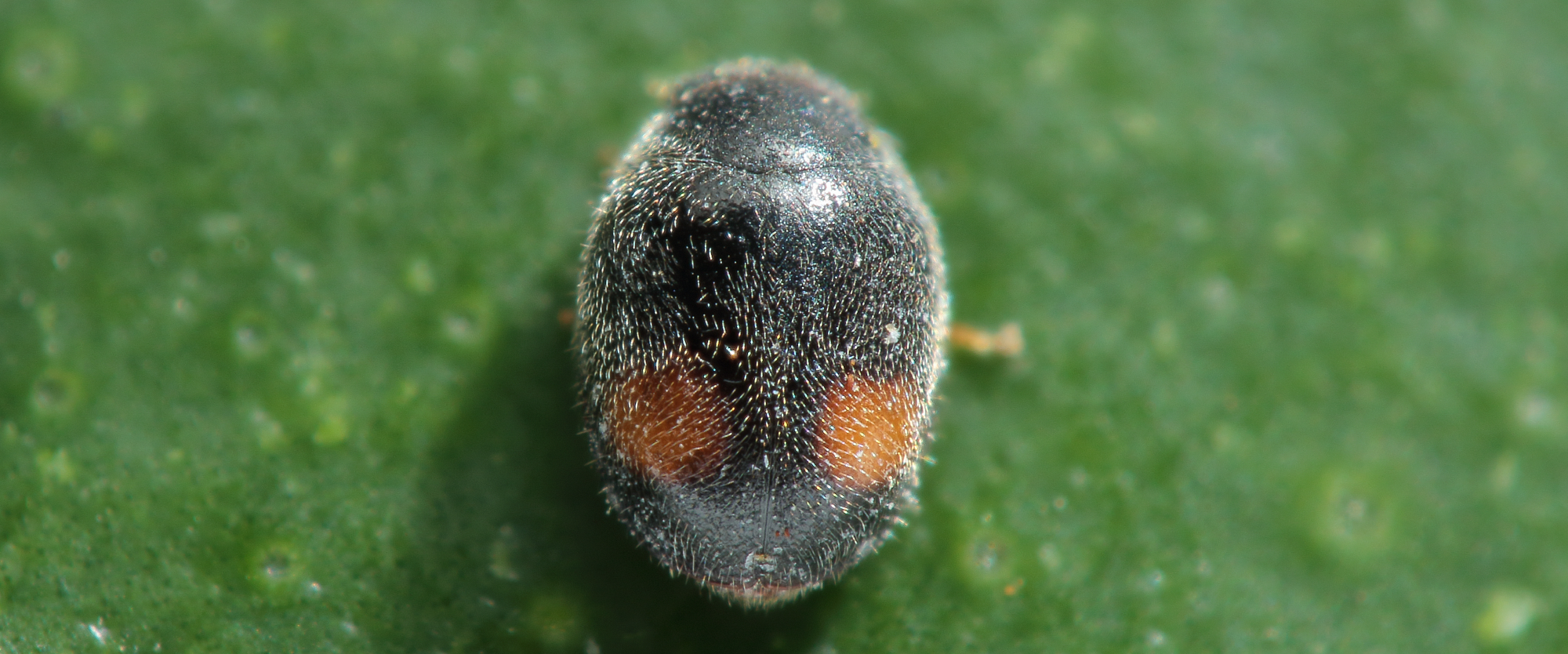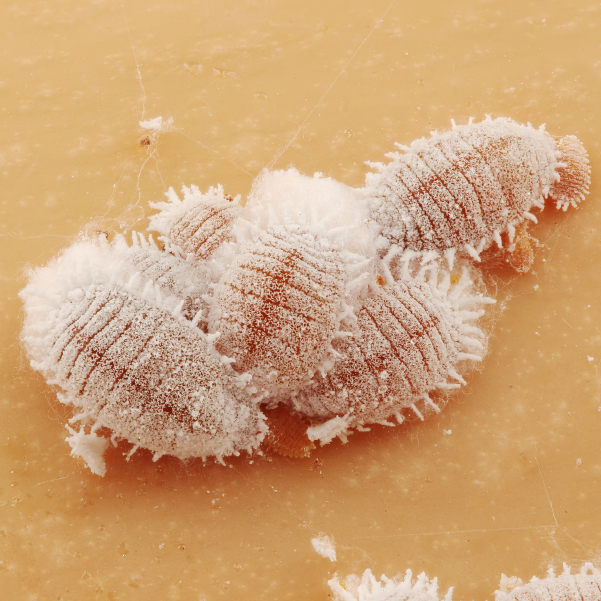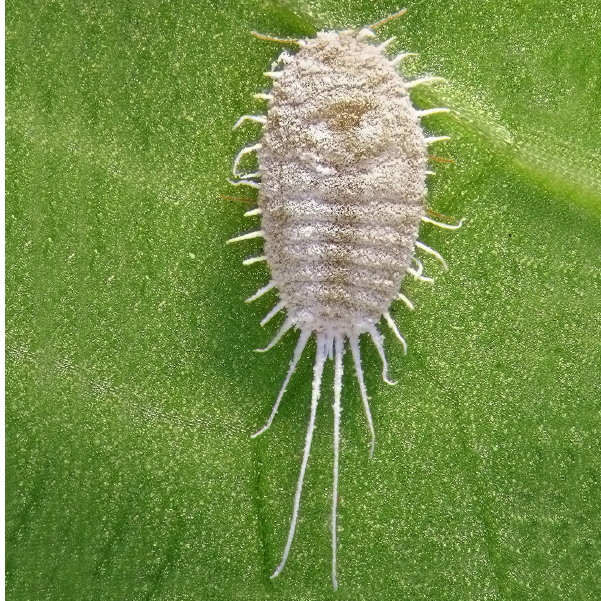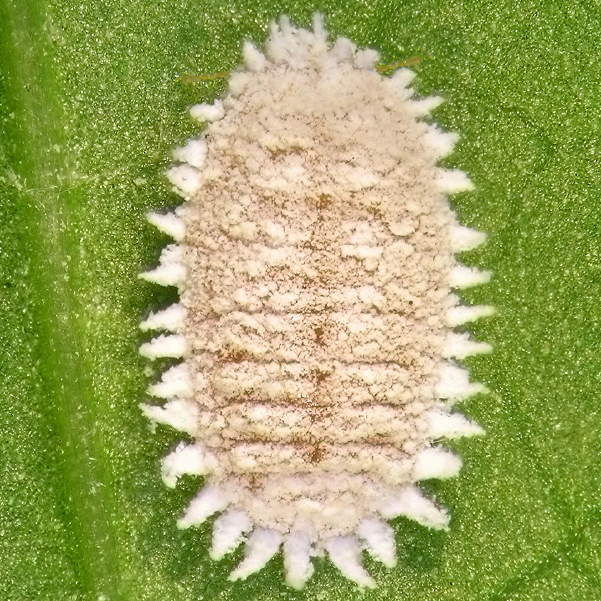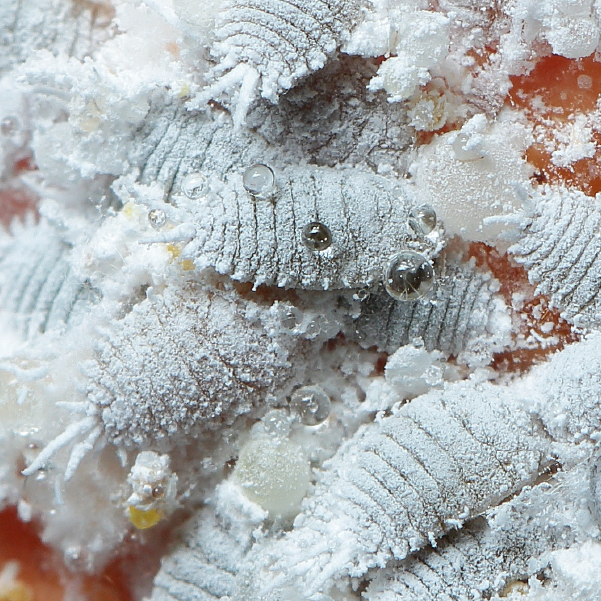BioNephus (Nephus bipunctatus) is a generalist predator of mealybugs and prefers to feed on smaller mealybug life stages and eggs.
Nephus bipunctatus is a very small beetle of about 1.5mm and under the right conditions it completes its development from egg to adult within 28 days. Females can lay up to 3 eggs per day and a total of 150 eggs in their lifetime. One BioNephus larva can feed on up to 9 mealybug nymphs per day and up to 150 mealybug nymphs during their development.
Both larval and adult stages feed on mealybug and are consistently found underneath bark or in crevices. The adults are very cryptic and not easily found in the field.
Consult with your local BioBee for product availability in your country.
Target Pests
Product
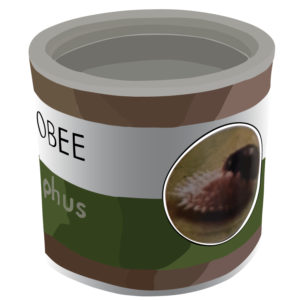
- BioNephus is packed in a container with 200 adult predatory beetles.
Download Product PDF
Application
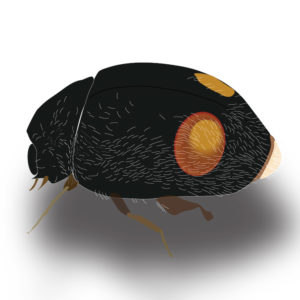
Ants should be controlled when present at mealybug hot spots/plots.
- BioNephus is shipped in insulated packages, chilled with ice-packs, the packaging must be kept intact until it reaches the end-user.
- When applied, the containers should be removed from package, one by one, and the predators should be released immediately.
- Remove the shredded paper inside the container and place it on a branch in a shaded area near the mealybug host.
- Remove honey strip (it will attract ants if kept in the tree).
- During hot days, releases should be done during early morning hours or late afternoon.
- If necessary, BioNephus can be stored for 24 hours at a temperature of 11 – 13°C from the time of arrival until release. It should never be stored at a lower temperature or inside a chemical store room.
Before combining BioNephus with any chemical pesticide in the crop, please consult your BioBee technical field representative.
Crops
Storage
-
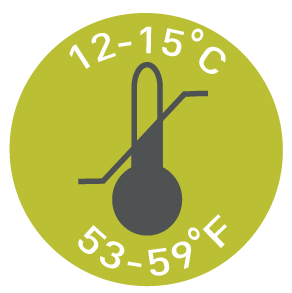
Storage temperature
-

Do not store in sunlight
-
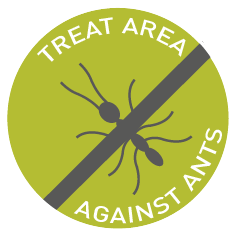
Treat area against ants
-

Apply early morning or late afternoon
-

Apply within 24 hours
Disclaimer
BioBee Sde Eliyahu Ltd. produces and markets biological products. Production is carried out using innovative techniques under controlled quality assurance standards such as ISO 9001:2015, as well as IOBC’s international standards for mass-production of insects. All products are tested to meet specification requirements before leaving the factory.
The success of biological pest control is affected by the crop’s initial pest population (upon application of the product), weather conditions and chemical residue present in the crop, among other possible aggravating factors.
Under no circumstance shall BioBee be liable for the outcome of the implementation in the field, as it has no control over local conditions, the application method, or the possible improper treatment/storage of the product.
